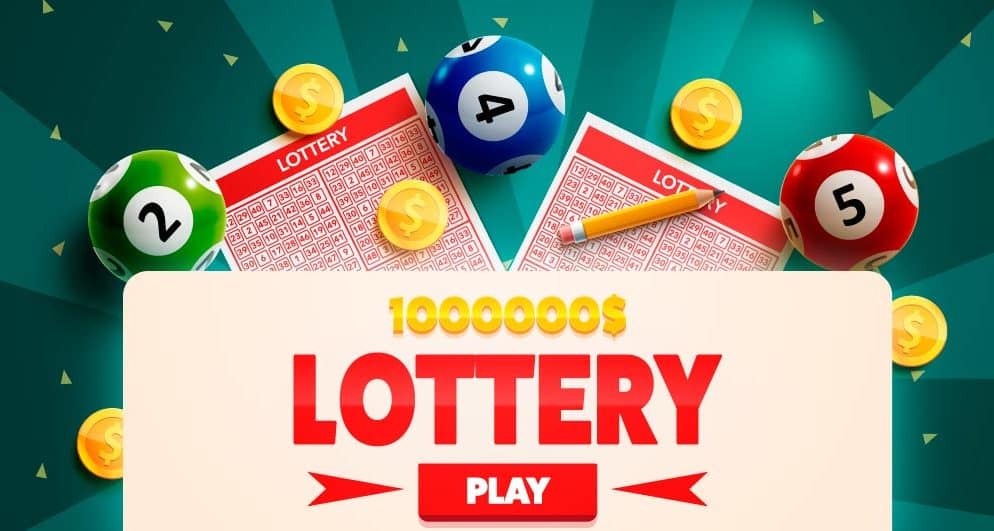Lottery games have a longstanding allure that transcends borders and cultures. From the gleaming lights of Las Vegas to the bustling streets of Tokyo, the prospect of winning big in a lottery draws in millions, fueling dreams of financial freedom and excitement messipoker. Yet, beneath the surface of this seemingly simple game of chance lies a complex tapestry of psychology, mathematics, and sociology. In this article, we delve into the intricacies of the lottery, exploring its appeal, its controversies, and the surprising lessons it offers about human nature.
The Thrill of the Unknown: At its core, the lottery is a game of uncertainty. Participants purchase tickets, selecting numbers in the hopes of matching them to a randomly drawn combination. This element of chance is what drives the excitement, as players eagerly anticipate the outcome, their hearts racing with each numbered ball that tumbles from the machine.
But why do people play the lottery? The answer lies in the psychology of risk and reward. For many, the allure of a potential windfall outweighs the slim odds of winning. It’s a tantalizing prospect—a small investment with the potential for life-changing returns. Moreover, the lottery offers a brief respite from the monotony of everyday life, injecting a dose of adrenaline into the routine.
However, this thrill comes with a caveat: the risk of addiction. For some individuals, the allure of the lottery becomes all-consuming, leading to financial hardship and personal turmoil. The flashing lights and promise of riches can be intoxicating, blinding players to the realities of probability.
The Mathematics of Chance: From a mathematical standpoint, the lottery is a game of probabilities. Each number has an equal chance of being drawn, regardless of past outcomes. Yet, despite this principle of randomness, patterns and trends often emerge.
For instance, certain numbers may appear more frequently than others, leading players to believe in the existence of “hot” and “cold” numbers. While these patterns may seem significant, they are ultimately the result of chance, a manifestation of the human brain’s tendency to seek order in randomness.
Moreover, the odds of winning the lottery are notoriously low, with the probability of hitting the jackpot often compared to being struck by lightning. Despite this, millions of people continue to play, driven by hope and the belief that they could be the exception to the rule.
The Social Impact: Beyond its individual appeal, the lottery also has profound social implications. In many countries, lottery proceeds are used to fund essential services such as education, healthcare, and infrastructure. By tapping into the collective desire for wealth, governments are able to generate revenue for public goods, albeit through a controversial means.
However, the lottery is not without its critics. Some argue that it preys on the vulnerable, exploiting the dreams of the poor for the benefit of the state. Others question its regressive nature, as lower-income individuals are more likely to spend a disproportionate amount of their earnings on lottery tickets.
Yet, despite these concerns, the lottery remains a ubiquitous presence in society, ingrained in the cultural fabric of nations around the world. Its allure is undeniable, its impact far-reaching.
